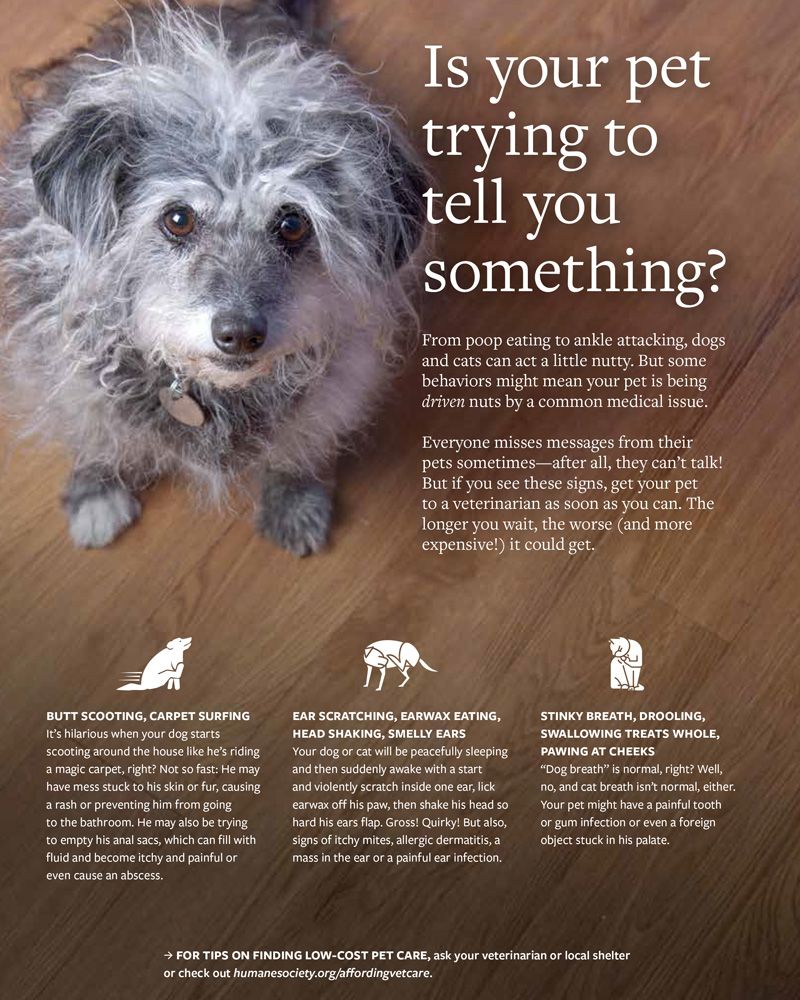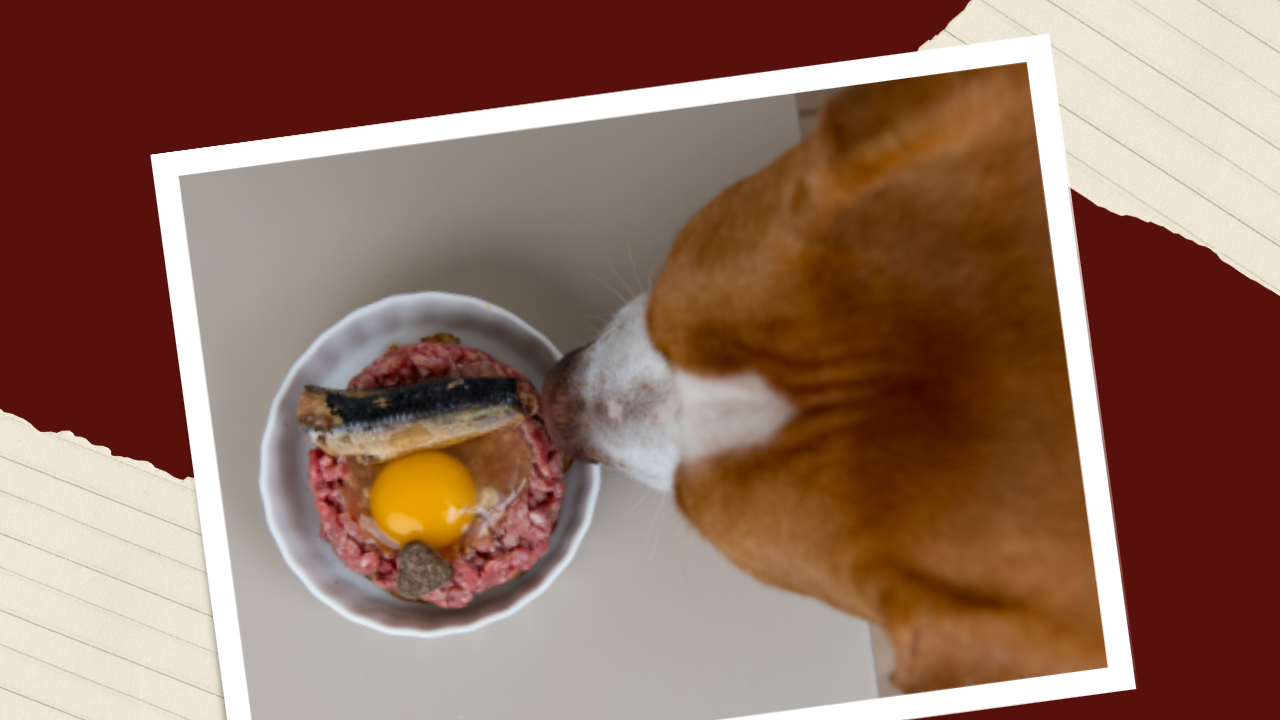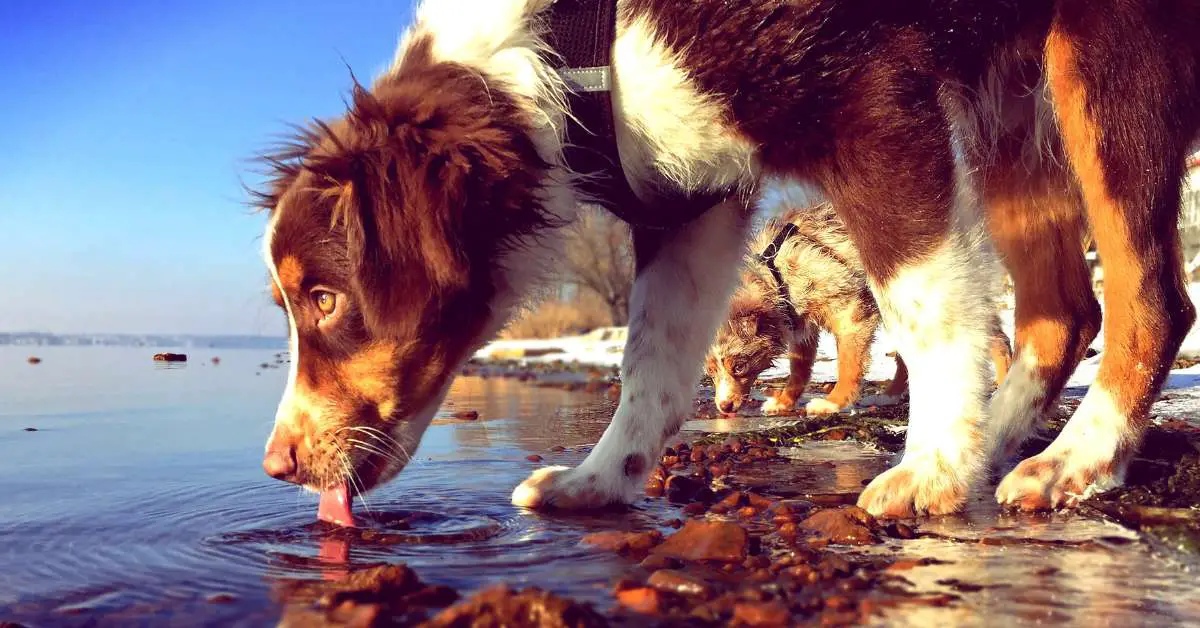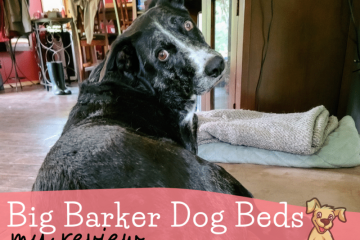If your dog stopped eating and is also throwing up, it may be a sign of significant illness and prompt veterinary attention is important. Loss of appetite in dogs can be caused by various factors such as cancer, infections, pain, liver problems, and kidney failure.
Although dogs can go three to five days without food, it is not ideal and it is recommended to call a veterinarian if your dog has gone two days without eating. Dogs may go through phases where they ignore their main kibble but will still eat treats.
Food pickiness in dogs can be a familiar problem for some owners, but it’s important to check if your dog is feeling ill.
Possible Reasons For A Dog Stopping Eating
There can be various reasons why your dog suddenly stops eating. While it doesn’t always indicate a serious health issue, it is important to address this change in behavior promptly. In this section, we will explore some possible reasons and offer insights on how to address them.
Illness Or Medical Condition
One possible reason behind your dog’s lack of appetite is an underlying illness or medical condition. Dogs, like humans, can experience a range of health issues that can affect their eating habits. It could be a sign of pain, infection, organ problems, or even serious conditions like cancer. If your dog’s appetite doesn’t improve within a couple of days, it is crucial to consult your veterinarian.
Stress Or Anxiety
Just like humans, dogs can also experience periods of stress or anxiety that can impact their appetite. Changes in their environment, routine, or even the addition of a new family member can trigger these emotions. Identifying and addressing the source of stress can help restore your dog’s appetite. Creating a calm and safe space, maintaining a consistent routine, and providing extra comfort and reassurance can help alleviate their anxiety.
Dental Problems
Dental issues can make eating painful and uncomfortable for dogs, leading to a loss of appetite. Problems like tooth decay, gum disease, or broken teeth can cause discomfort while chewing. If you notice your dog showing signs of pain or pawing at their mouth, it’s essential to have their dental health evaluated by a veterinarian. Regular dental check-ups and maintaining good oral hygiene can prevent such problems.
Unpleasant Food Experience
If your dog had a negative experience with their food, they may develop aversions and refuse to eat. This could be due to spoiled or contaminated food, a sudden change in diet, or even a bad association with a particular ingredient. To address this, try offering new, fresh, and high-quality food options. Gradually introduce a variety of flavors and textures to make mealtime more appealing. Remember to transition to new food slowly to avoid stomach upset.
Digestive Issues
Dogs with digestive problems such as gastritis, gastrointestinal infections, or food allergies can experience a loss of appetite. These issues can cause discomfort, nausea, or even vomiting. It’s important to monitor your dog’s bowel movements and look for any signs of digestive distress. A visit to the veterinarian can help diagnose the issue and suggest appropriate dietary changes or medications to alleviate their symptoms.

Credit: humanepro.org
How Long Can A Dog Go Without Eating?
It can be worrisome when your beloved furry companion stops showing interest in their food. As a responsible pet owner, you may be wondering how long your dog can go without eating. While dogs have evolved from their wolf ancestors and can adapt to different conditions, a prolonged loss of appetite can indicate an underlying health issue. It is essential to understand the normal duration for a dog to go without eating and the importance of water intake during this time.
Normal Duration For A Dog To Go Without Eating
Dogs can usually go three to five days without food. However, it is important to note that this is not ideal for their overall health and wellbeing. If your dog has not eaten for two days, it is highly recommended to reach out to a veterinarian for guidance and assistance. While some dogs may experience temporary food pickiness or go through phases of not eating, it is crucial to assess their general health and address any potential underlying health concerns.
Importance Of Water Intake
During the period when your dog is not eating, it is crucial to ensure that they have an adequate water intake. While food provides the necessary nutrients, water plays a vital role in keeping your dog hydrated and maintaining their overall health. Dehydration can lead to various complications and exacerbate existing health issues. Therefore, it is essential to encourage your dog to drink water regularly and monitor their water intake during this time.
If you notice that your dog is not drinking water or their water consumption has significantly decreased, it is crucial to seek veterinary attention promptly. A veterinarian will be able to assess your dog’s condition and provide appropriate guidance and treatment options to address their loss of appetite and ensure adequate hydration.
Understanding Food Pickiness In Dogs
Food pickiness in dogs can be a common problem for some pet owners. While it may seem frustrating, it’s important to understand the reasons behind this behavior in order to address it effectively. There are several factors that can contribute to a dog’s refusal to eat their regular food. In this section, we will explore these factors and provide actionable solutions to help your dog regain their appetite.
Checking For Illness
A loss of appetite in dogs can be a symptom of underlying health issues. If your dog has suddenly stopped eating, it’s crucial to rule out any potential illnesses or medical conditions. Some common illnesses that can cause a loss of appetite in dogs include:
- Cancer
- Systemic infections
- Pain
- Liver problems
- Kidney failure
If your dog is not eating and showing other concerning symptoms, it’s important to seek veterinary attention promptly to ensure proper diagnosis and treatment.
Behavioral Factors
In some cases, a dog’s picky eating habits can be linked to behavioral factors. Dogs, like humans, can go through phases where they lose interest in their regular food. They may still be willing to eat treats but ignore their main kibble. This behavior can be frustrating for pet owners, but it’s important to approach the issue with patience and understanding.
Preference For Treats Over Regular Food
Some dogs may simply have a preference for treats over their regular food. Treats are often tastier and more exciting for dogs, leading them to turn their noses up at their regular meals. While it’s acceptable to offer treats in moderation, it’s essential to ensure that your dog is still receiving a balanced and nutritious diet.
To address this preference, it may be helpful to gradually decrease the amount of treats given to your dog while increasing their regular food portion. This will help to encourage them to eat their regular meals and maintain a healthy diet.
How To Address Food Pickiness
Addressing food pickiness in dogs requires patience and a proactive approach. Here are some steps you can take to encourage your dog to eat their regular food:
- Offer a variety of high-quality dog foods to stimulate their interest.
- Try adding flavors or toppings to their regular food to enhance palatability.
- Ensure that they are not getting spoiled or excessive treats that may reduce their appetite for regular food.
- Stick to a consistent feeding schedule to establish a routine that your dog can rely on.
- Consult with your veterinarian to rule out any underlying health issues that may be causing the picky eating behavior.
By understanding the potential reasons behind your dog’s food pickiness and implementing these strategies, you can help them regain their appetite and maintain a healthy diet.
When To Seek Veterinary Attention
If your dog has suddenly stopped eating, it may be a sign of a significant underlying illness. It’s important to seek veterinary attention promptly to determine the cause and provide appropriate treatment.
Signs That Warrant Veterinary Attention
If your dog has stopped eating, it is crucial to pay attention to any additional signs or symptoms that may indicate a need for veterinary attention. Some signs that warrant immediate action include:- Severe or persistent vomiting
- Diarrhea, especially if it is bloody or accompanied by abdominal pain
- Refusal to drink water or a significant decrease in water intake
- Weight loss or sudden change in body condition
- Changes in behavior, such as lethargy, depression, or aggression
- Fever or abnormal body temperature
- Difficulty breathing or excessive coughing
- Visible signs of pain, such as limping or reluctance to move
- Presence of any unusual lumps, bumps, or sores
- Excessive thirst or urination
Importance Of Prompt Medical Evaluation
Prompt veterinary attention is vital when your dog stops eating because it could be a warning sign of a significant health issue. While some dogs may experience temporary loss of appetite due to factors such as stress or minor gastrointestinal upset, persistent refusal to eat can indicate more severe conditions. By seeking veterinary attention promptly, you can ensure that your dog receives the necessary medical evaluation and appropriate treatment. Remember, dogs cannot communicate their discomfort in the same way humans do, so recognizing and addressing any potential health problems early is essential to their well-being. Ignoring signs of illness or delaying veterinary care can potentially worsen your dog’s condition and lead to complications. By acting promptly, you can help your dog recover faster and improve their overall quality of life. It is always better to err on the side of caution and consult with a veterinarian if you are concerned about your dog’s loss of appetite. Remember, early intervention can make a significant difference in your dog’s health and happiness.Tips And Home Remedies For Encouraging Eating
If your dog has suddenly stopped eating, it can be concerning. While a loss of appetite in dogs doesn’t always indicate a serious problem, it’s important to address the issue promptly and find ways to encourage your furry friend to eat. In this section, we will explore various tips and home remedies that can help you stimulate your dog’s appetite and ensure they receive the nutrition they need.
Introducing New Flavors
Just like humans, dogs can get bored with the same old food every day. Introducing new flavors can pique their interest and entice them to eat. Consider adding a small amount of tasty toppings, such as cooked chicken or beef, to their regular meals. Alternatively, you can try offering them a different brand or flavor of commercially available dog food. Remember to introduce new flavors gradually to avoid any digestive issues.
Purchasing High-quality Dog Feed
The quality of your dog’s food plays a crucial role in their overall health and appetite. Investing in high-quality dog feed ensures that your furry friend receives the necessary nutrients and flavors to entice their taste buds. Look for options that are made from real meat and vegetables, as well as free from preservatives and artificial additives.
Varying The Ingredients
Another way to stimulate your dog’s appetite is by varying the ingredients in their meals. Incorporate a mix of protein sources like chicken, beef, and fish. Additionally, you can add cooked vegetables like carrots, peas, or sweet potatoes for added taste and texture. Experimenting with different combinations can help prevent your dog from getting bored with their meals.
Following A Homemade Diet
If you have the time and resources, you can consider preparing homemade meals for your dog. This allows you to control the quality and variety of ingredients in their diet. However, it’s important to consult with a veterinarian or a professional dog nutritionist to ensure that the homemade meals meet your dog’s specific nutritional needs.
Cesar Millan’s Tips For Enhancing Appetite
Cesar Millan, a renowned dog behaviorist, suggests several tips to enhance your dog’s appetite. These include:
- Creating a regular feeding schedule to establish a routine.
- Walking your dog for a longer duration to increase their overall physical activity.
- Incorporating more exercise into your dog’s daily routine, such as playing fetch or engaging in interactive toys.
By following Cesar Millan’s tips, you can help boost your dog’s appetite and overall wellness.
Professional Vet Advice On Encouraging Eating
When dealing with a dog who has stopped eating, it’s always best to seek professional veterinary advice. A veterinarian will be able to assess your dog’s health and provide specific recommendations tailored to their needs. They might suggest conducting diagnostic tests to rule out any underlying health issues or prescribe appetite-stimulating medication if necessary. Remember, the guidance of a professional will help ensure your dog’s well-being.

Credit: www.wefeedraw.com

Credit: www.bulldogology.net
Frequently Asked Questions Of My Dog Stopped Eating
Why Is My Dog Suddenly Not Eating?
A sudden loss of appetite in dogs may indicate an underlying medical condition such as cancer, infections, pain, or organ problems. It is important to seek veterinary attention for prompt diagnosis and treatment. Dogs can go three to five days without food, but it is not ideal.
If your dog hasn’t eaten for two days, contact a veterinarian. Dogs may also experience food pickiness or a decreased appetite due to illness or other factors.
How Long Is It Normal For A Dog To Go Without Eating?
Dogs can usually go three to five days without food, but it is not ideal. If your dog hasn’t eaten for two days, it is recommended to call a veterinarian. Make sure your dog is drinking water, as it is more important than food.
Dogs may go through phases of not eating, but it could also be a sign of illness or stress.
Do Dogs Go Through Phases Of Not Eating?
No, dogs do not typically go through phases of not eating. However, they may have a decreased appetite due to medical conditions, stress, or fear. It is important to consult a veterinarian if your dog is consistently not eating.
Conclusion
It is important to address your dog’s sudden loss of appetite as it can be a sign of underlying health issues. A decreased appetite may be a symptom of serious diseases such as cancer, infections, pain, or organ problems. While dogs can go a few days without eating, it is not ideal, and you should seek veterinary attention if your dog goes more than two days without eating.
It is crucial to monitor their water intake as well. Food pickiness can also be a common issue, but it is essential to rule out any illness.




